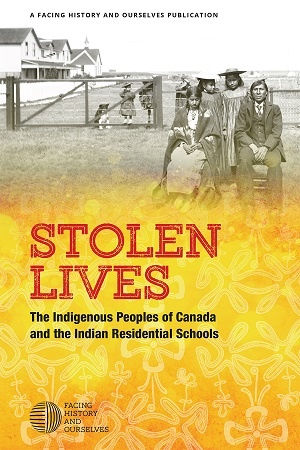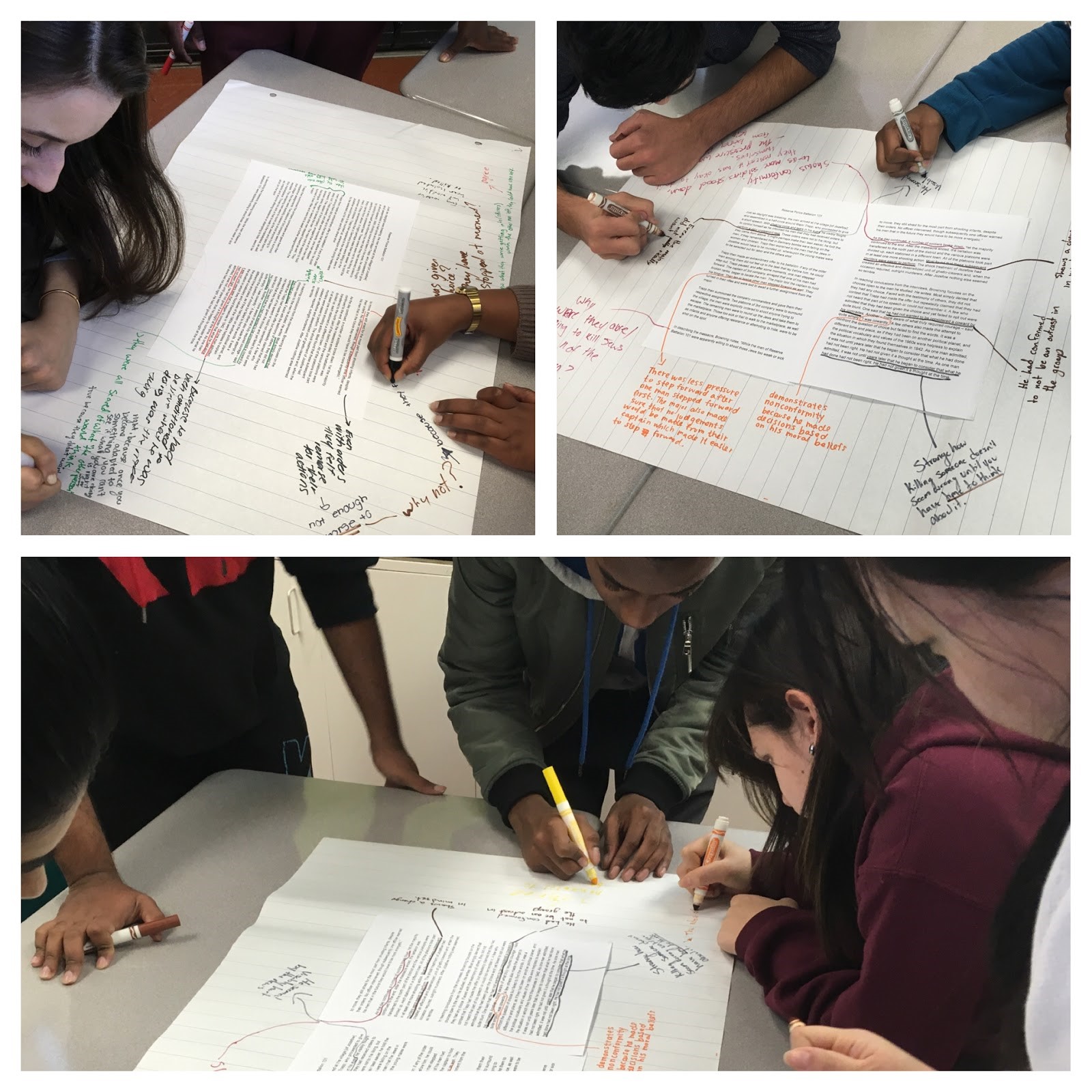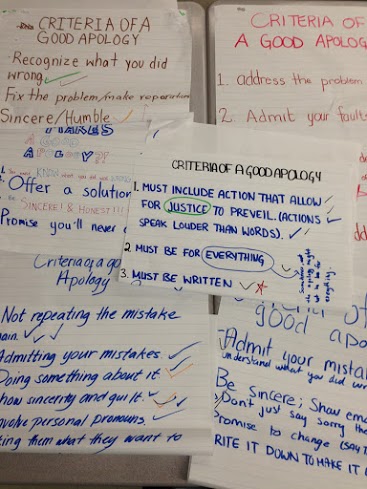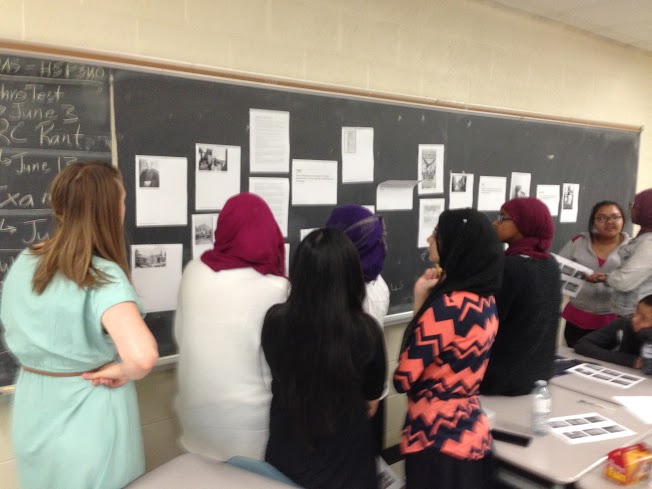One of the reasons why I love teaching is that I can open students’ eyes to injustices that exist today - injustices like the missing and murdered Indigenous women - and the ways in which they can promote change. The grade 12 Challenge and Change course provides the ideal opportunity to raise these issues, and Facing History’s approach, strategies, and readings give me the tools to authentically engage students.
Cultural Genocide in Canada: Challenging institutionalized racism and moving towards Reconciliation
Posted by Kristen Drury on February 14, 2017
Addressing Roots of Human Hatred: A Psychological Study on Conformity, Obedience and Behaviour
Posted by Mike Elias on January 16, 2017
Why do troubled times so often bring out hatred in humanity? In both Canada and the United States over the past few years there has been much xenophobic rhetoric spread around in light of numerous global crises. During the 2015 Canadian and 2016 American elections we saw candidates in both countries “other” identifiable or vulnerable members of society using hateful language and often using them as scapegoats for social and economic problems, all while claiming to speak for the will of those they purport to be the “silent majority”. Furthermore, we saw large groups joining the “unsilent majority” through the use of social media to spread hate, join xenophobic movements and rallies, commit hate crimes and even acts of violence. Those who criticized this movement drew many parallels between the social climate and dialogue of today to that of Nazi Germany. As educators we felt it necessary to attempt to address this recurring phenomenon.
Topics: Choosing to Participate, Holocaust and Human Behavior, Canada, American History, Canadian History, Bystander, current events, Upstander, big paper, CHG, HSP
Indigenous Cultures, Language, and the TRC through an Anthropological Lens (Part 2)
Posted by Mike Elias on July 11, 2016
Throughout the unit we had students critically reflect at the end of each lesson on what was covered and fill out a Connect- Extend- Challenge worksheet. This activity extends beyond the traditional K-W-L chart as students reflect upon previous learning, using it to foster further discussion and guide inquiry.
Indigenous Cultures, Language, and the TRC through an Anthropological Lens (Part 1)
Posted by Kristen Drury on July 4, 2016
Indigenous Canadians and their cultures should not remain solely in Canadian history courses. They are not extinct, they are not remnants of our past; they are living, breathing, human beings that should have the ability to contribute to our contemporary discourse. Their voices are vital to understanding the Canada that we live in today, and the Canada that we want to live in the future. We feel that students should be exposed to their narrative through a variety of social science and historic lenses in order for us as Canadians to move towards reconciliation. Furthermore, Indigenous studies should not be a “token” topic on a worksheet or organizer. It should be give the same time and examined in as much depth as any other major topic in the curriculum. With this in mind, our goal for our grade 11 social science course “Introduction to Anthropology, Sociology and Psychology” was to find a way to include Indigenous voices, allowing students opportunities to grapple with historic and contemporary issues. Through private reflection, students were very open about their unintentional ignorance and embraced the challenge and opportunity to explore the First Nations, Metis and Inuit Peoples in Canada. It is with this in mind, that we incorporated the resource Stolen Lives as a focal point for our cultural anthropology sub- unit.




